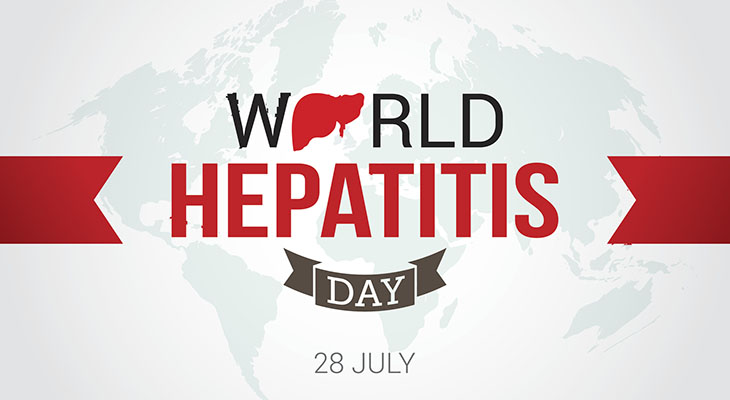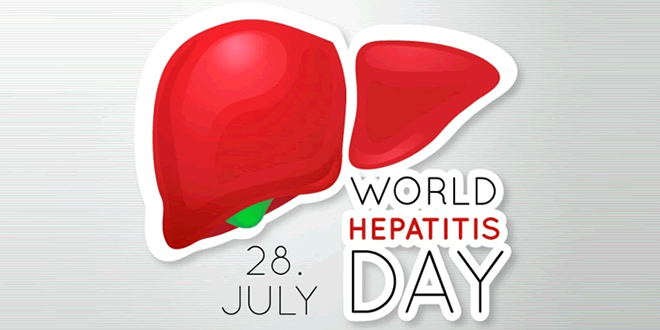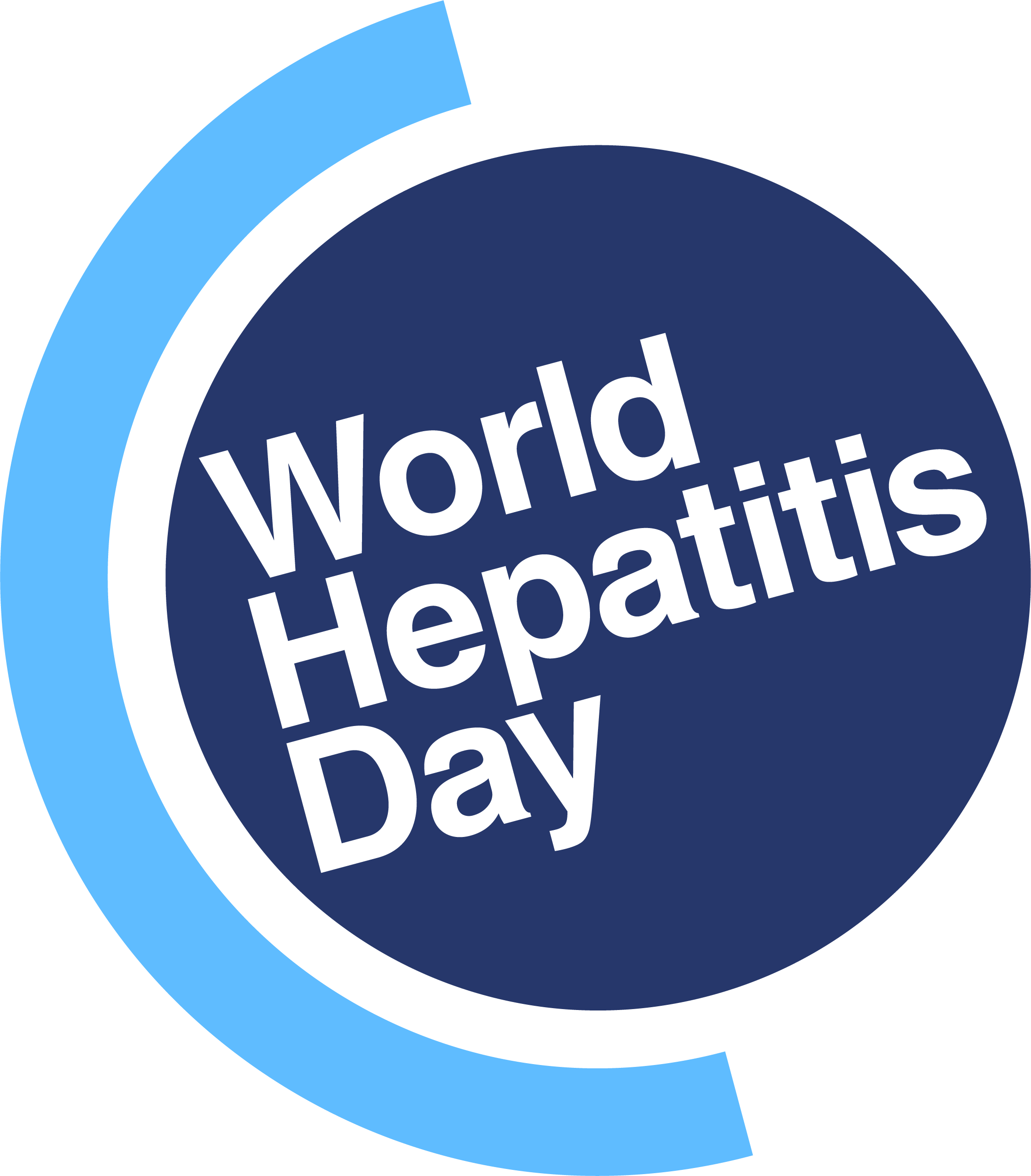Every year on July 28th, we observe World Hepatitis Day—a day to remind us of the silent threat lurking within. Hepatitis, particularly viral hepatitis, poses a significant health risk to millions around the globe. Often symptomless in its early stages, it acts like an “invisible killer,” slowly and quietly harming the liver, one of our body’s most vital organs.
The liver functions as our body’s hardworking “chemical factory,” responsible for detoxification, protein synthesis, aiding digestion among other tasks. Simply put, hepatitis means inflammation of this organ. The most common causes are viral infections like Hepatitis B Virus (HBV) and Hepatitis C Virus (HCV), which can be transmitted through blood or bodily fluids leading to chronic conditions over time such as cirrhosis or even liver cancer—devastating both personal health and family well-being.

World Hepatitis Day aims to raise awareness about viral hepatitis breaking this “silence.” This day holds particular significance: it commemorates Nobel laureate Dr. Baruch Blumberg’s birthday on July 28th—the discoverer of HBV whose work laid foundations for vaccines and treatments transforming our fight against HBV significantly. To honor his contributions WHO moved World Hepatitis Day from May 19th to his birthday in 2010 observing it since 2011.
This day’s mission is crucial: calling for global action enhancing prevention screening treatment efforts against hepatitis since many remain unaware they’re infected until late stages making awareness screenings vital steps towards control while effective treatments improve outcomes slowing disease progression.
In Brussels back in 2004 saw first “Hepatitis Awareness Day” themed “You Have Company” focusing mainly on HCV emphasizing patients aren’t alone reflecting compassionate support.

July 28th stands as a day emphasizing understanding action hope reminding us viral hepatitis isn’t distant urging everyone’s role understanding risks protecting loved ones while global efforts aim spreading knowledge promoting screenings providing treatments ultimately eliminating hepatitis threats striving collectively towards healthier lives brighter futures.
